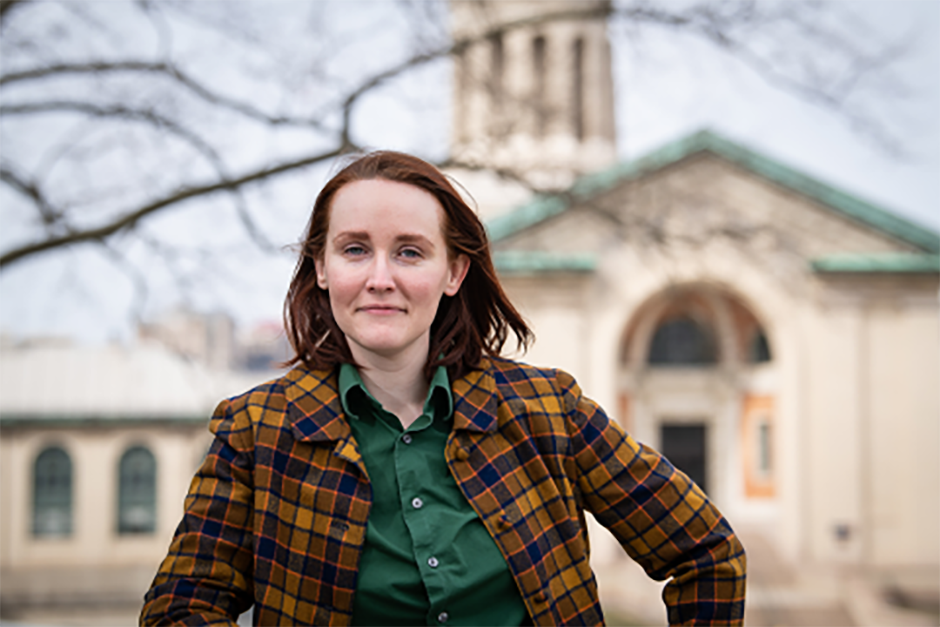
What is Inclusive RDM?
To answer this, I'll first define research data management (RDM), which is the process of organizing, cleaning, storing, and sharing data produced, collected, or obtained during a research project in any discipline. Inclusive RDM refers to research data management education, outreach, and support in academic libraries that is approached from a place of compassionate, empathic language. At the core of inclusive RDM is removing the use of the term 'best practices,' which often implies researchers are a monolith with the same access to institutional resources, socioeconomic status, and cognitive abilities. Inclusive RDM can also be included in conversations around open science and open scholarship, practices that support transparent research and making data and other research outputs – such as code and workflows – available to others.
Why is Inclusive RDM necessary?
Inclusive RDM is necessary because researchers come from a variety of backgrounds and experiences. 'Best practices' around RDM doesn't capture the diversity of researchers – their age, race, cognitive abilities, disabilities, discipline, socioeconomics, and other characteristics – and can appear condescending and/or discouraging when used as a holistic way to provide RDM support.
How did you come up with this concept?
I first started thinking about this topic shortly after starting a postdoc in September 2018, where I primarily concentrated on building online resources for research data management education and outreach. As I started to become more familiar with the material, I noticed several uses of language around data sharing, data cleaning, and data organization that came off as condescending. Around this time, I happened upon an article called 'Open Science is Really Scary, Y'all,' in which the author wrote about the momentum around open science and how scary it is to put your data and code out there for people to scrutinize.
As a researcher myself, having gone through a Ph.D. and a research-focused postdoc, my status as a neurodivergent person and a researcher with Generalized Anxiety Disorder affects how I work as a researcher and a data educator. I 100% connected with the fear and anxiety conveyed in the article and felt so empowered reading it! Then I went to the comment section (never read the comments), and saw a commenter who dismissed these fears as 'no big deal' and steamrolled over the piece. This felt personal to me, was incredibly hurtful to read, and made me realize that the goal of my career was to start creating more inclusive language around RDM and open science and open scholarship.
I reached out to my long-time collaborator Leah Cannon, Assistant Librarian at Oak Ridge National Laboratory and Post-Graduate Assistant at the University of Tennessee at Knoxville Center for Information and Communication Studies, who also has an interest in RDM education, accessibility, and inclusivity, and Ph.D. candidate Kevin Mallary at UT-Knoxville's School of Information Sciences, who studies accessibility in information science. They were interested in getting involved with this topic, and the rest is history!
How can one implement Inclusive RDM?
The first way to implement inclusive RDM is to remove the phrase "best practices" from your vocabulary when you are speaking about data management. Using a phrase such as "recommended practices" or 'good practices' takes into account that these practices differ across disciplines and may "look" different depending on the researcher's ability and positionality. Another important implementation technique is to not dismiss a researcher's fears when they bring up anxieties around data sharing. We can also implement inclusive RDM by approaching the research consultation by first understanding what the researcher has access to, rather than telling them what they should have access to. At the end of the day, the "best practices" exist for a reason because many of them help keep data secure, help institutions fulfill important grant funding regulations, and support the return on investment for funded researchers. However, we can still help researchers meet these standards while also being more compassionate.
Is this concept catching on?
Absolutely. In February, Leah, Kevin and I received an incredible reception at the Empirical Librarians Conference, an annual conference that focuses on librarians either doing research or supporting original research; and we've had several people either in person or on Twitter say 'I hate the term ‘best practices' too!' We're definitely gaining momentum.
What is the future of Inclusive RDM?
While our ultimate goal is to write a book on this topic, Leah, Kevin, and I are currently working on the Toolkit for Inclusive RDM, an online resource that frames inclusive language that librarians and RDM professionals can use during consultations at each stage of the research data lifecycle. We'd also love to give workshops to academic libraries on these conversations.
It is also worth noting that while this is a project born out of the UT-CMU collaboration (myself, + the two UT researchers), I'm bringing other folks in from CMU Libraries as well. Myself, Emma Slayton, and Sarah Young did a lightning talk at CarpentryCon 2020 about using inclusive language in Data Carpentries workshops. I'm really excited to see this initiative grow beyond the original three researchers.
